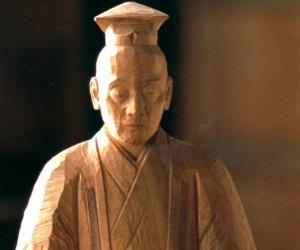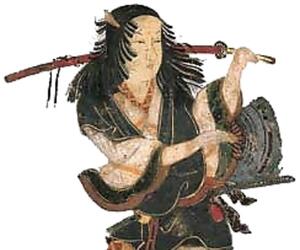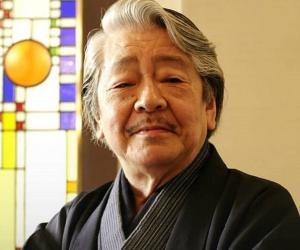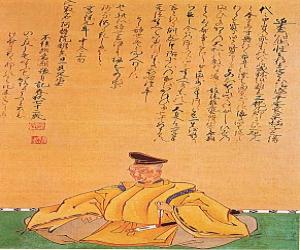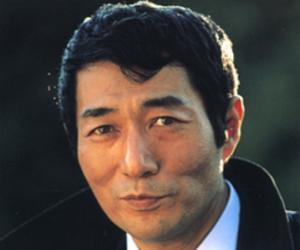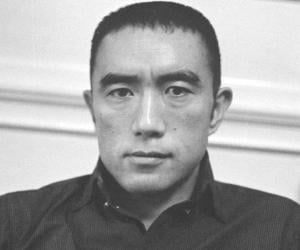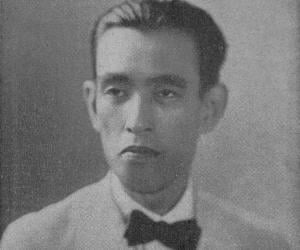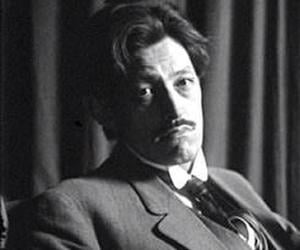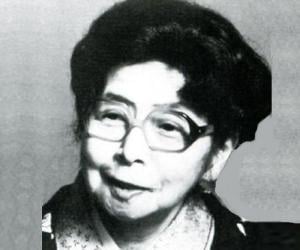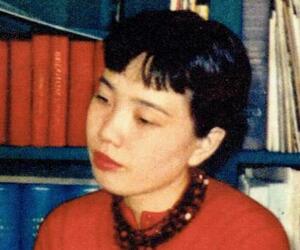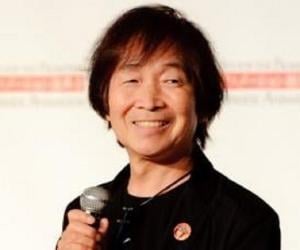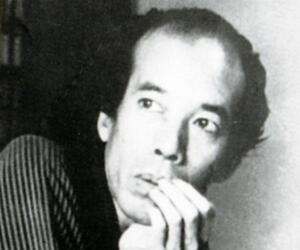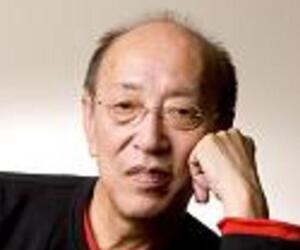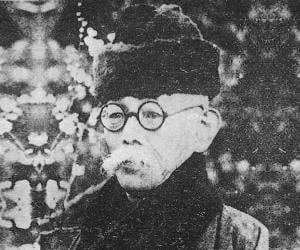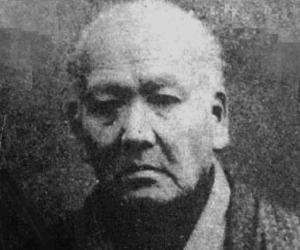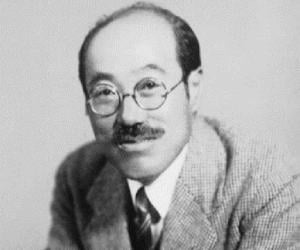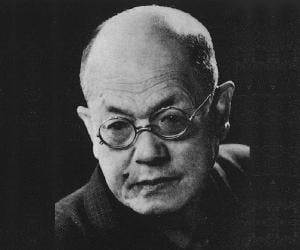1
Kyōka Izumi
(Japanese Author of Novels, Short Stories, and Kabuki Plays Who Was Active During the Prewar Period)
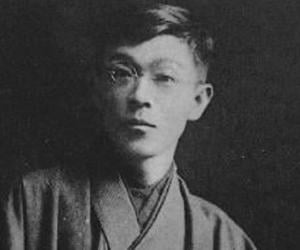
14
4
Birthdate: November 4, 1873
Sun Sign: Scorpio
Birthplace: Kanazawa, Ishikawa Prefecture, Japan
Died: September 7, 1939
Kyōka Izumi, known by his pen name Izumi Kyōka, was a prominent Japanese novelist, writer, and kabuki playwright active during the prewar period. His writing style stood out from the naturalist writers of his time, showcasing surrealistic critiques of society. He gained recognition for his unique blend of Romanticism and supernatural themes influenced by Edo period works. Kyōka is celebrated as one of the finest stylists in modern Japanese literature, admired for the complexity and depth of his prose. His pen name is commonly used to refer to him in literary circles.
